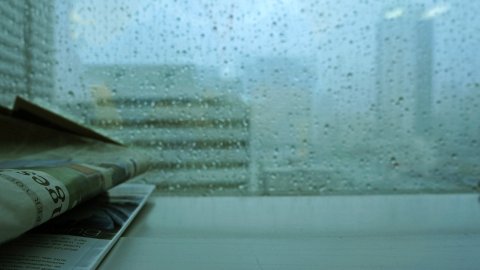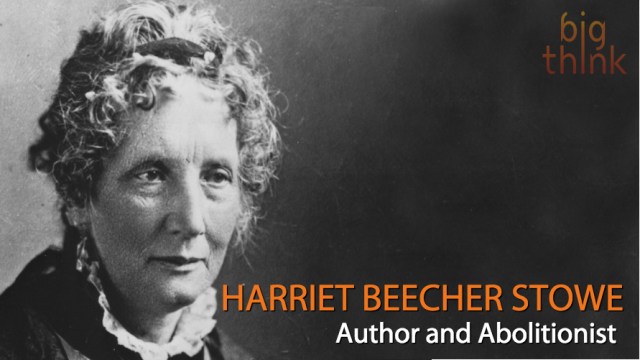Rainy Days Help Boost Performance

As we all come to grips with the groundhog’s latest prediction that we’ll be facing six more weeks of winter, businesses should be glad. Researchers from Harvard and the University of North Carolina at Chapel Hill have found a correlation between bad weather and an uptick in productivity.
Bradley Staats spoke on the Wharton Business School podcast, explaining:
“It’s innately human to see a distraction and want to go take part in it. If we can find ways to limit that, then we can improve productivity.”
The study was published in the Journal of Applied Psychology, where the team initially reviewed two-and-a-half years of productivity data taken from a Japanese bank. The researchers found that rainy days yielded higher performance in the company’s data-entry workers. Not only that, but also the more it was raining, the more productive the workers were.
They then applied these results to their own experiments. In one, they gathered a group of participants for an online test, which asked the volunteers to correct spelling errors in a paper. The exercise was timed and measured for accuracy. By the end of the test, participants were then asked to assess their own emotional states and the weather conditions outside. The results showed that participants who reported rainy weather worked through the test faster and more accurately than the fair-weather volunteers.
Because of these results, Staats mentions in the podcast that one of his co-authors went so far as to suggest that people (particularly researchers) should find jobs in bad-weather environments; that way they’ll be more likely to get their work done.
Managers could, indeed, use bad weather conditions to their advantage in the workplace, opting to use those rainy days to assign employees busy or repetitive work to complete. Makes you wonder if Microsoft and Amazon already knew about this finding when they decided to settled their companies in Redmond and Seattle, Washington.
Read more at Knowledge @ Wharton.
Photo Credit: Shutterstock




